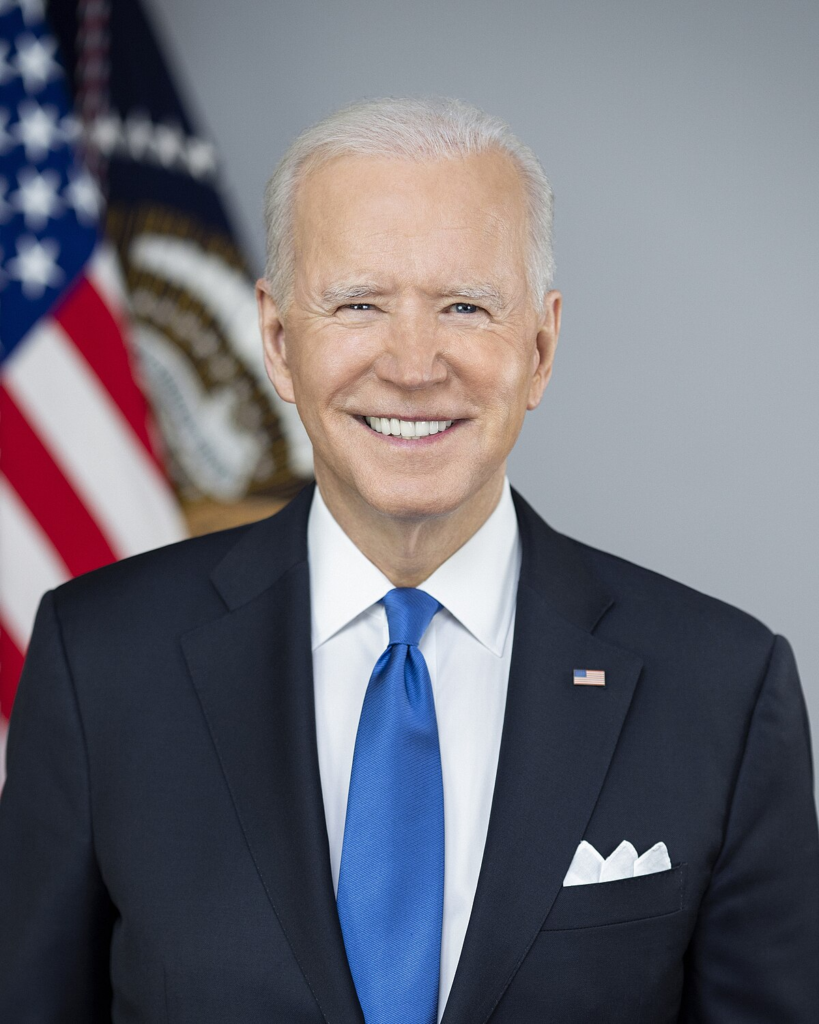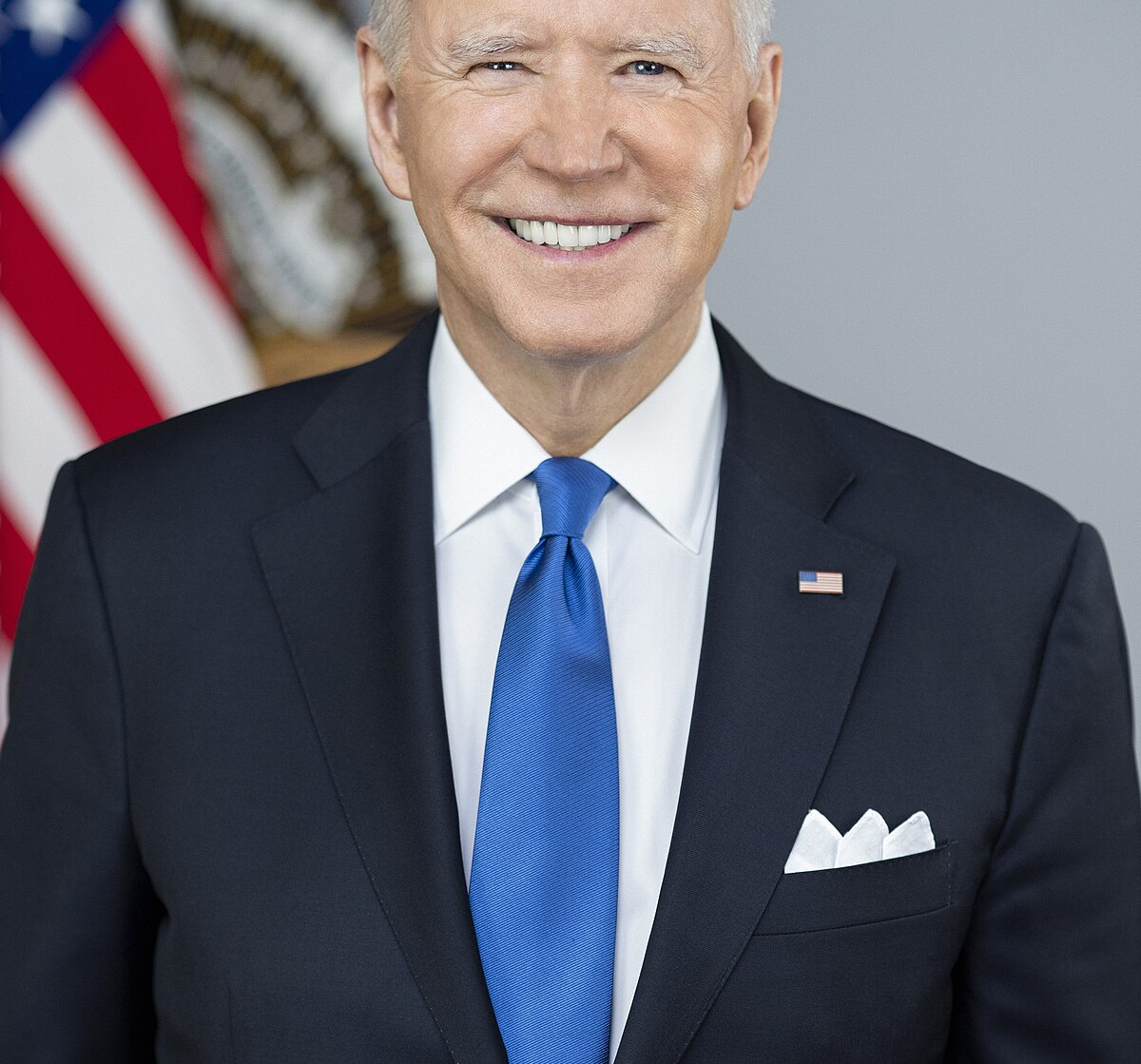A senior Justice Department official wrote to a House committee chairmen stating that President Joe Biden has claimed executive privilege on audio recordings from an inquiry into his handling of secret documents. The Justice Department advised taking this action to preserve future investigations and the privacy of law enforcement files.
Attorney General Merrick Garland had refused the House Judiciary and Oversight Committee’s request for audio recordings from an October 2023 interview with Special Counsel Robert Hur regarding Biden’s handling of classified records. The committees were scheduled to vote on a resolution finding Garland in contempt of Congress. Assistant Attorney General Carlos Uriarte stressed the need to maintain secrecy to preserve the integrity of law enforcement operations and prevent future investigations from being jeopardized.
“While our cooperation with Congress has been extraordinary, we also have a responsibility to safeguard the confidentiality of law enforcement files where disclosure would jeopardize future investigations,” Uriarte wrote. “The Attorney General must draw a line that safeguards the Department from improper political influence and protects our principles, our law enforcement work, and the people who carry out that work independently.”
The Justice Department contended that it had gone to great lengths to comply with congressional inquiries, pointing out that transcripts of the interviews had previously been sent. However, the committees had not demonstrated a compelling enough need for the audio recordings.

The lawsuits filed by CBS News and other media outlets to obtain access to the tapes might result in a major legal dispute between Congress and the executive branch during an election year.
Garland supported the choice to use executive privilege, emphasizing Congress’s close cooperation while emphasizing the need to guard against the political exploitation of private material. “We have gone to extraordinary lengths to ensure that the committees get responses to their legitimate requests,” Garland said. “But this is not one.”
Biden’s claim has legal support from the Office of Legal Counsel in the Justice Department. Garland voiced worry that releasing the tapes may discourage witnesses from cooperating with investigators in the future, a risk that outweighed the committee’s request.
“The Committees’ needs are plainly insufficient to outweigh the deleterious effects that production of the recordings would have on the integrity and effectiveness of similar law enforcement investigations in the future,” concluded Garland. He asked that Biden make the recordings and any relevant information subject to executive privilege.
The White House Counsel’s Office warned that the committees might distort the recordings for partisan purposes. “Demanding such sensitive and constitutionally-protected law enforcement materials from the Executive Branch because you want to manipulate them for potential political gain is inappropriate,” Edward Siskel wrote.
James Comer, the chairman of the Oversight Committee, is adamant about moving forward with the contempt resolution in spite of this. Comer maintained that the tapes are necessary for their examination of Biden’s handling of classified material and contended that making transcripts public would be a waiver of privilege.
“Today’s Hail Mary from the White House changes nothing for our committee,” Comer stated. “The House Oversight Committee will move forward with its markup of a resolution and report recommending to the House of Representatives that Attorney General Garland be held in contempt of Congress for defying a lawful subpoena.”























